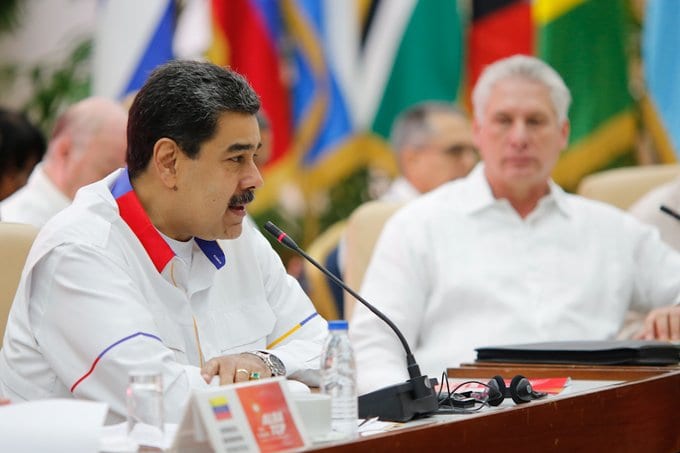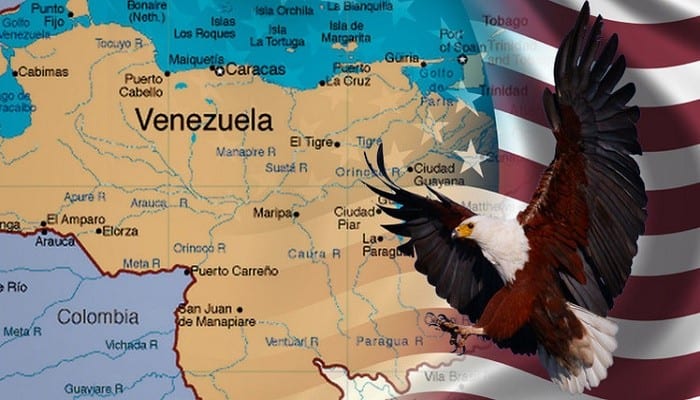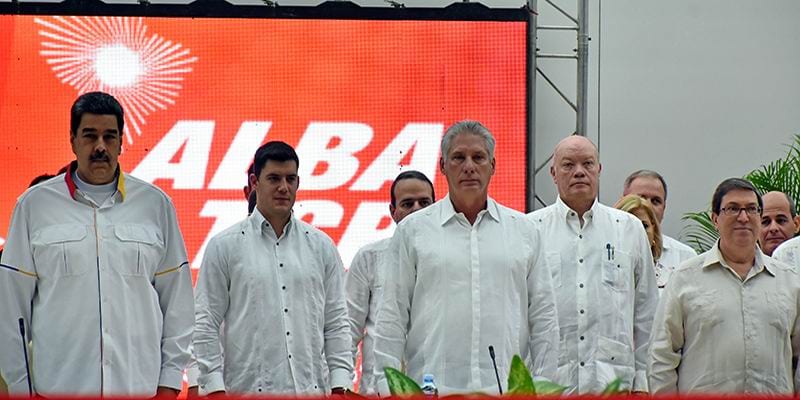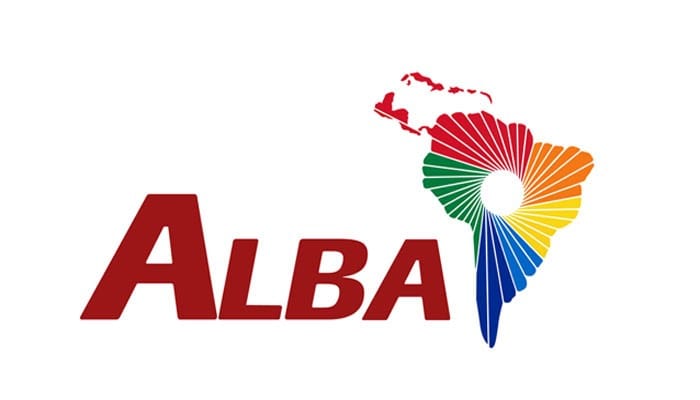On December 14, the “Liberty Island” hosted the 17th Summit of the Trade and Economic Association of the Bolivarian Alliance for the Peoples of America. What are the main topics discussed “on the sidelines” of this meeting in Havana? What did the ALBA participants agree on this time?
The Bolivarian Alliance for the Peoples of America (Spanish – Alianza Bolivariana para los Pueblos de Nuestra América; ALBA) is a trade and economic association of Latin America and the Caribbean, which was created on December 14, 2004 at the initiative of the former President of Venezuela and the ideological inspirer of regional “left regimes” Hugo Chavez (Spanish – Hugo Rafael Chávez Frías), as well as the leader of the Cuban revolution, Fidel Castro (Spanish – Fidel Alejandro Castro Ruz). The ALBA currently has nine countries: Venezuela, Cuba, Nicaragua, the Commonwealth of Dominica, Antigua and Barbuda, Saint Vincent and the Grenadines, Saint Lucia, Grenada, and Saint Kitts and Nevis. Ecuador left the alliance in 2018 due to a change in the political course of the President Lenin Moreno (Spanish – Lenín Boltaire Moreno Garcés). Honduras also joined the union in 2008 during the presidency of Manuel Zelaya (Spanish – José Manuel Zelaya Rosales), but after its overthrow during the military coup on June 28, 2009, the new government refused to join the organization. On December 15, 2009, the de facto leader of Honduras, Roberto Micheletti (Spanish – Roberto Micheletti Baín) announced the intention of this Latin American state to secede from the ALBA. On January 13, 2010, the National Congress of Honduras ratified the country’s withdrawal from the Bolivarian Alliance for the Peoples of America.

Just a couple of days ago, on the “Liberty Island”, the 17th Summit of the Bolivarian Alliance for the Peoples of America ended. This time the meeting was marked by political turbulence and dramatic events that took place in the region this year, when this association celebrates its 15th anniversary. In particular, on the sidelines of the meeting, the leaders of the nine ALBA member countries discussed the reasons for the emergence of such a degree of instability in Latin America, which also affected the content of the final statement. Members of the Alliance discussed the recent coup d’état in Bolivia, emphasizing the instruments of influence already familiar to the leaders of the countries – the ongoing external pressure on the legitimate authorities of Nicaragua, the Venezuelan government and the Cuban leadership. It is the heads of these three states who gathered together the day before in Havana – Daniel Ortega (Spanish – José Daniel Ortega Saavedra), Nicolas Maduro (Spanish – Nicolás Maduro Moros) and Miguel Diaz-Canel (Spanish – Miguel Mario Díaz-Canel Bermúdez) – and set the tone for the Summit. Taking into account their ideological affinity and similar views on the ongoing political processes in the region, the participants of the Bolivarian Alliance blamed the United States for the increased degree of instability in Latin America.
Such a connection between political turbulence in a number of Latin American countries and Washington is said in a statement published on the website of the Cuban Foreign Ministry by representatives of the association following the meeting: “We condemn the aggressive and interventionist policies of the US government, which, with the assistance of national oligarchies and corporate information media, together with the consequences of applying inhuman neoliberal models is the main cause of dangerous regional instability. [The US government] is rebuilding methods that seemed already inapplicable in Latin America, and is resorting to new forms of unconventional warfare”.
In addition, participants of the Bolivarian Alliance noted that the “coming of neoliberal governments to political power in a number of countries in the region has already led to an increase in poverty, deep social inequality and the marginalization of broad popular sectors”.

According to the heads of state of Venezuela and Cuba, the policies of the White House suffer, in particular, the peoples of countries whose economies are under significant pressure from sanctions. In a final statement, the association’s members also touched on the situation in Bolivia, where, as noted in the document, “intolerance, racism, and brutal repression against social movements and indigenous peoples” increased after the resignation of the former President Evo Morales (Spanish – Juan Evo Morales Ayma) on November 10, which, as they consider, was an initiated by USA coup.
As part of the meeting on the “Liberty Island”, the Bolivarian Alliance members expressed their intention to create an alternative model of economic sovereignty to strengthen stability in the region. Another important area of foreign policy was called “opposition to climate change, which is a product of the capitalist system with its irrational models of production and consumption”. At the Havana Summit, the ALBA Bank development initiatives were again discussed.
This time, the association’s members sharply criticized the breakdown of medical cooperation in a number of countries in the region with Cuba, according to the heads of state included in the ALBA, as a result of Washington’s pressure on their governments. In November, the authorities of the “Liberty Island” had to return doctors who previously lived and worked in Ecuador and Bolivia in accordance with cooperation and medical assistance programs whose current governments in these South American countries (Lenin Moreno – in Ecuador, Jeanine Áñez – in Bolivia) decided not to extend. According to representatives of the Ministry of Health and the Foreign Ministry of Cuba, such actions are associated with “campaigns by the US government to discredit and sabotage international cooperation, which Cuba carries out in the field of healthcare in dozens of countries”.

In a general statement, the ALBA leaders said: “We condemn the systematic actions of the US government aimed at discrediting and sabotaging Cuban international health cooperation in dozens of countries, which has benefited millions of people, as well as the brutal pressure exerted on a number of governments to interrupt their cooperation with Cuba to the detriment of their citizens’ right to life and access to medical services”.
The main result of the 17th Summit of the Bolivarian Alliance in Cuba was that the ALBA member countries reiterated their readiness to join forces “under the onslaught” of the coming to power of neoliberal governments in Latin America, which, according to the participants of the association, will lead to a sharp deterioration in social economic situation in these states. To a greater extent, the meeting of the ALBA leaders, held in Havana 15 years after its founding, was a response to those skeptics who have been discussing “the death of the Alliance” over the past few years. Despite the fact that the heads of state did not offer specific scenarios and tools for resolving the difficult geopolitical situation in the region, they again were able to confirm that the more Washington dictates its rules of the game to an entire continent south of its borders, the more this will contribute to unification “left” forces in the region.


